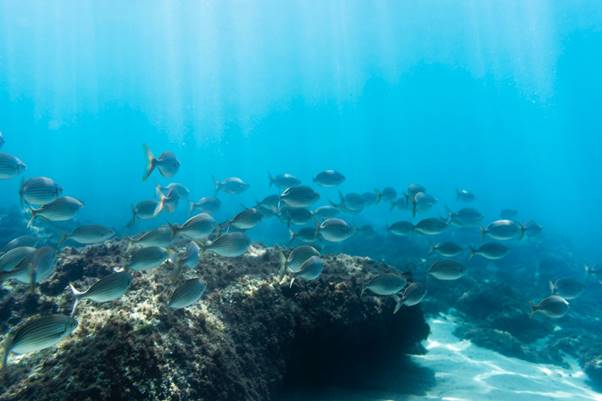|
|
Module 5: Building win-win scenarios for open innovation projects |
|
|
Marina Dabić, Tena Obradović Posinković |
|
|
The focus of this module is to assist participants in cultivating "business empathy," which involves comprehending the objectives of partners and creating project objectives that consider priorities and allocate risks. In addition, it will offer guidance to participants on how to minimize tensions within the partnership. Moreover, the module will foster participants' comprehension of how to uphold key principles of collaboration, such as the equitable distribution of benefits, contributions, risks, and ownership. |
|
Upon completing this module, you should be able to: |
|
LOCAL CASE/EXAMPLE
This module presents the ADRIAQUANET project, which was financed under the Interreg Adrion Program with the aim of promoting sustainable growth and competitiveness of the aquaculture industry in the Adriatic-Ionian region through the implementation of innovative technologies and practices.
The University of Udine (Italy) was the leading partner, while the Croatian Veterinary Institute represented the leading institution for monitoring and surveillance programs financed by the Government of the Republic of Croatia. The project involved collaboration between SMEs (for example: Friškina Ltd., Croatia; Fishfarm Caldoli Ltd., Italy), research institutions (University of Rijeka, Croatia; University of Trieste – Department of Life Science, Italy), and institutes (e.g., Institute of Oceanography and Fisheries – IOF, Split, Croatia; Croatian Veterinary Institute, Istituto Zooprofilattico Sperimentale delle Venezie, Italy) to develop and implement new technologies and practices for sustainable aquaculture. Furthermore, the project aimed to enhance customer awareness regarding the nutritional value of farmed fish, which is contingent on the quality of the environment and feeding procedures.
Research conducted in recent years has revealed that farmed fish can enhance their resistance to pathogens and environmental stress by altering their diet. Thus, the main objective of this project was to alleviate the concerns of consumers regarding the quality of farmed fish by creating and examining new types of fish feeds. In addition, project partners planned to introduce new technology to help farms extract biofuel from the waste that accumulates in the cages. This will allow farms to keep their local water bodies clean while also producing energy to power their facilities.
The project highlighted Adriatic mariculture as a valuable source of fish products that are highly valued both on domestic and distant markets. The sector has significant potential for growth through the use of new technologies. In this project, Italian and Croatian industries and research laboratories have come together to implement several initiatives aimed at achieving this growth. These initiatives include the development of new feeding methods for farmed fish that will improve their overall wellbeing and quality, as well as the creation of new vaccines and natural compounds to support fish health. Additionally, new systems for managing waste from sea farms will be implemented, which will extract biofuel while simultaneously reducing water pollution. It was expected that up to 25 SMEs will test and adopt various technological innovations as part of this project. Furthermore, a group of 50 workers will receive training from staff members of seven research labs, enabling them to apply these innovations in their workplaces.
The INTERREG ADRIAQUANET project demonstrated how open innovation can be effectively implemented in the agro-food and bioeconomy sector, particularly in the area of sustainable aquaculture. Through collaboration, stakeholder engagement, and knowledge-sharing, the project was able to develop and implement innovative solutions that support the growth and competitiveness of SMEs in the region. Furthermore, project provided SMEs with access to a range of resources and support, including knowledge, expertise, collaboration opportunities, and training. This support helped SMEs to improve their operations, increase their competitiveness, and contribute to the growth and development of the aquaculture industry in the Adriatic-Ionian region.
Overall, the ADRIAQUANET project is an excellent example of how EU-funded projects can support the growth and development of SMEs in the agri-food and bioeconomy sectors in Croatia and in the wider Adriatic-Ionian region, through open innovation and cooperation. Therefore, managers are encouraged to collaborate in different EU-funded projects, not only for the funding, but also for the opportunity to learn from their partners and work on solutions.
